Reversing deforestation through the empowerment of rural communities in South America
01/09/2025
.jpg?sfvrsn=8e615a91_3)
©FAO/Javiera Zuñiga
The Food and Agriculture Organization of the United Nations (FAO), with the Green Climate Fund (GCF) funding, are implementing native forest conservation projects which include generating livelihoods and preserving ancestral traditions of rural communities in Argentina, Colombia, and Chile.
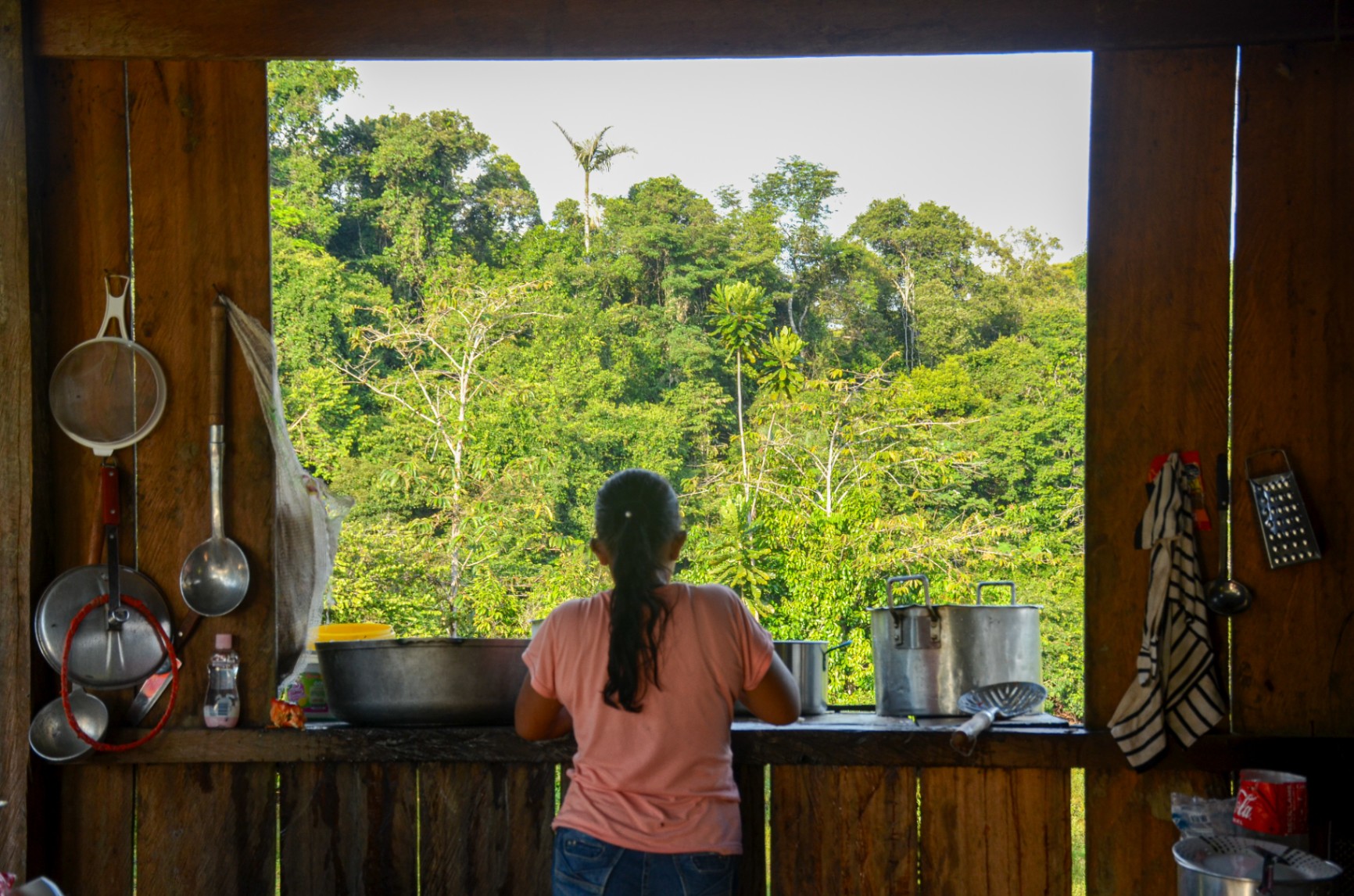
©FAO/Laura Rodríguez
Deforestation and land-use change are major drivers of global warming. In 2017, the Green Climate Fund launched a pilot program of results-based payments for reducing emissions generated by deforestation and forest degradation in developing countries. Within this initiative, FAO is implementing Reducing Emissions from Deforestation and Forest Degradation (REDD+) projects in Argentina, Colombia, and Chile
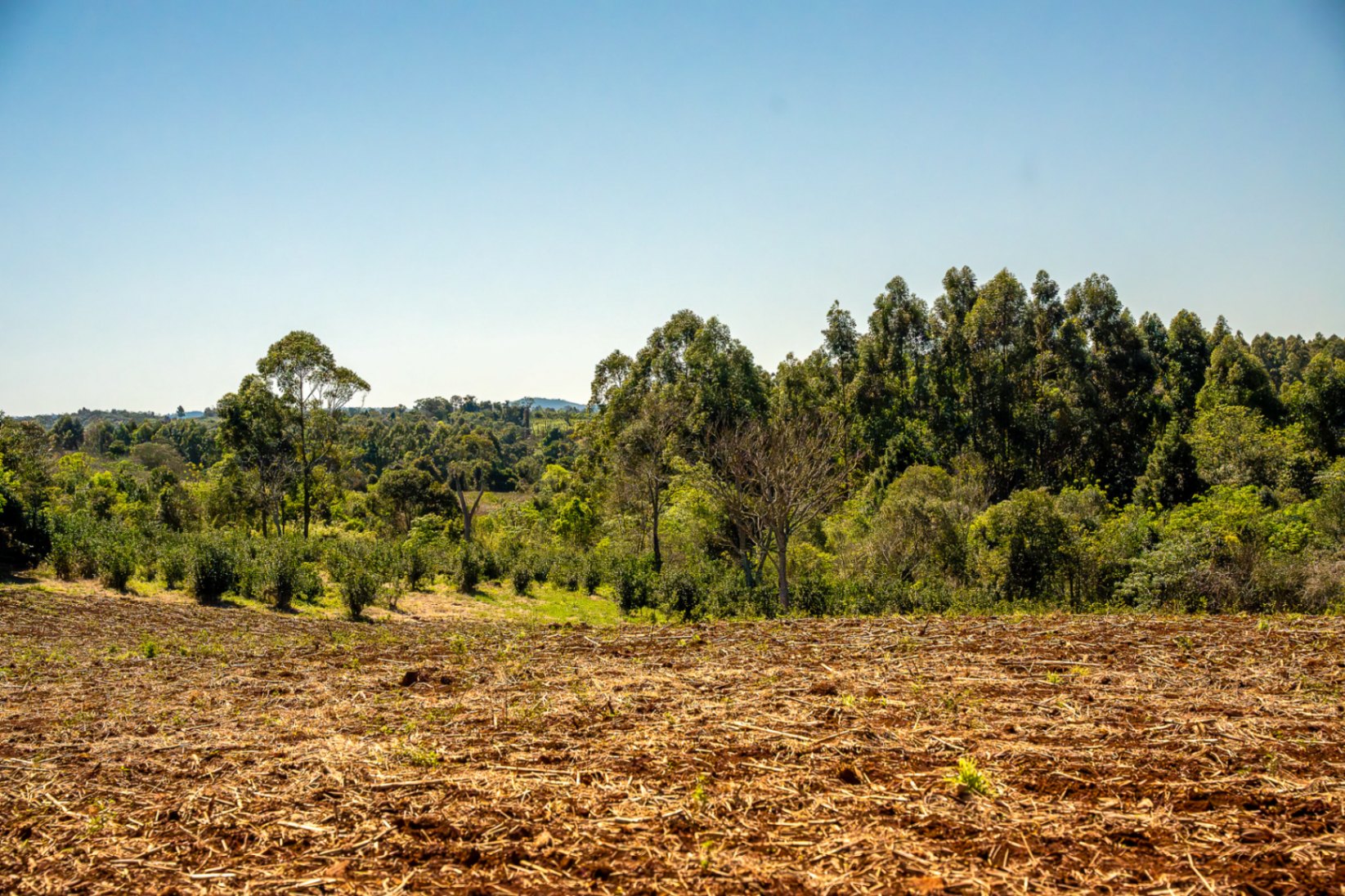
©FAO/ Maryia Kukharava
The Colonia Alegria’s Women Entrepreneurs Group, in Misiones, northeastern Argentina, faced the degradation of the native forest and multiple barriers to accessing productive opportunities and strengthening their economic autonomy. This situation threatened their livelihoods, the health of the forest—the basis of their identity and sustenance—and limited their possibilities for generating income, improving their life quality, and consolidating their territorial roots.
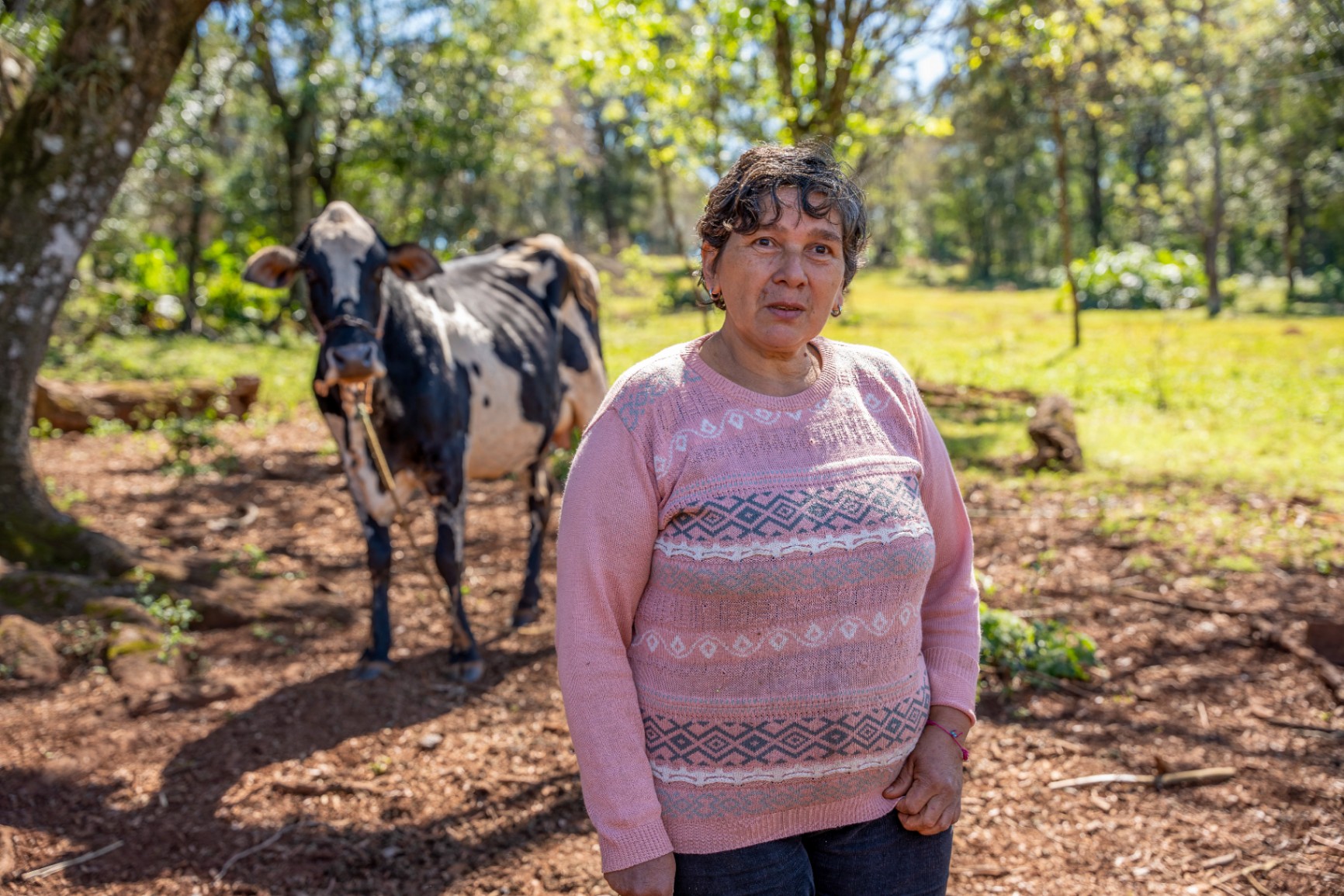
©FAO/ Maryia Kukharava
Through Argentina's REDD+ Results Based Payments Project, implemented by FAO in partnership with the goverment of Argentina and financed by the Green Climate Fund, women began to design sustainable production strategies, such as small animal husbandry, reforestation, beekeeping, and agroforestry, through community meetings and workshops. These are investment plans that strengthen their technical, organizational, and community capacities.
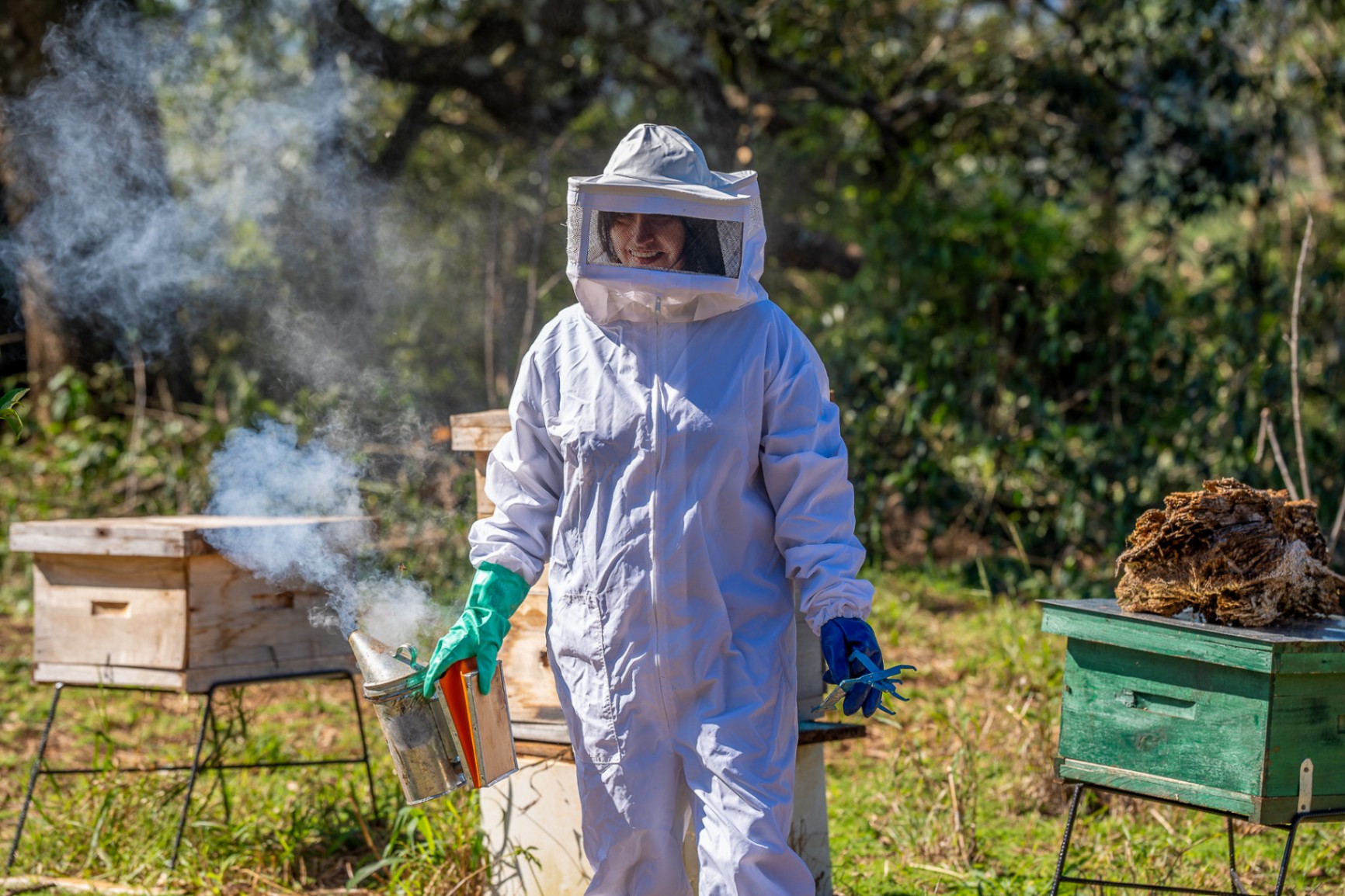
©FAO/ Maryia Kukharava
As a result of their participation and commitment, the women entrepreneurs of Colonia Alegría now have a community hall and a seed conservation nursery, and are making progress in developing their productive ventures, such as beekeeping, chicken coops, and forest nurseries, which integrate sustainable practices into their native forests. These initiatives strengthen their identity, promote income generation, and consolidate their roots in their territory.
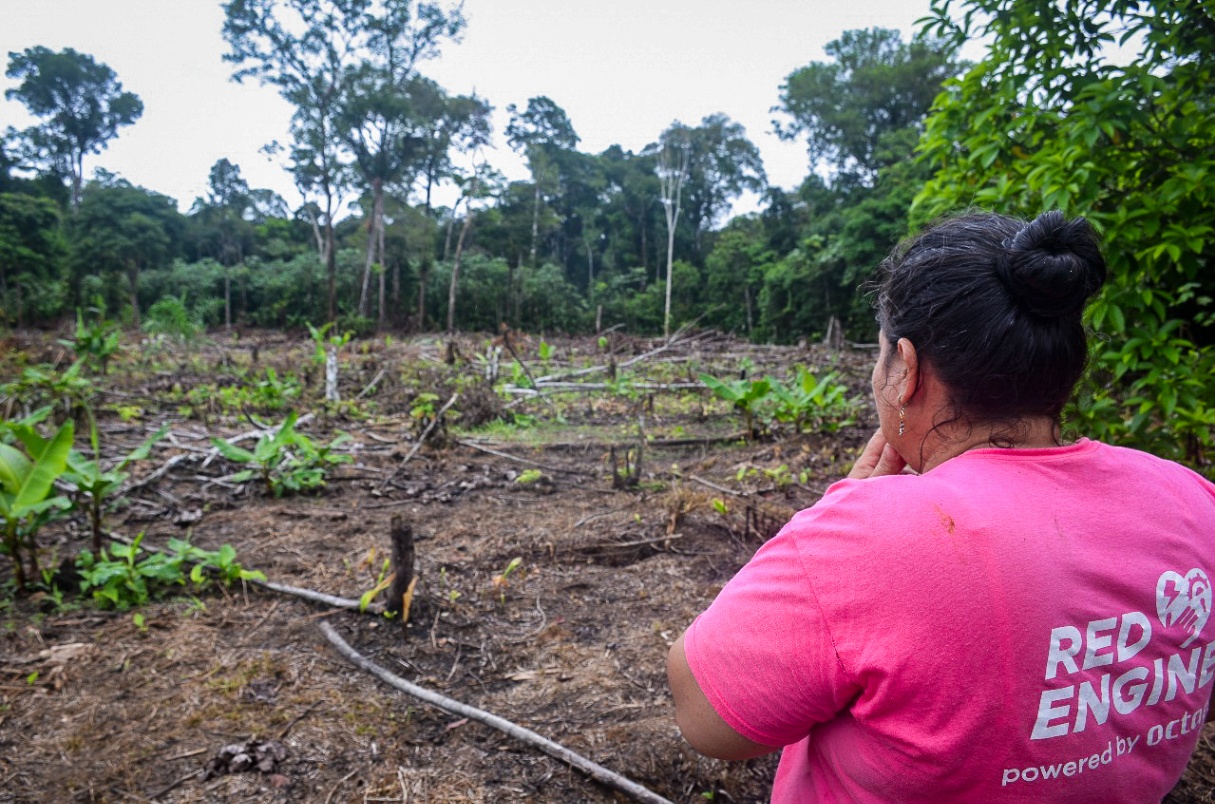
©FAO/Laura Rodríguez
In southern Colombia, at the Amazon Paradise Forest and Biodiversity Development Center in Caquetá, families faced difficulties accessing firewood and diversifying their diet due to a lack of knowledge about the potential of local crops. This led them to cut down trees that were valuable to the ecosystem, putting greater pressure on the forest and compromising its balance. In addition, a lack of knowledge about appropriate soil use led to unsustainable agricultural practices.
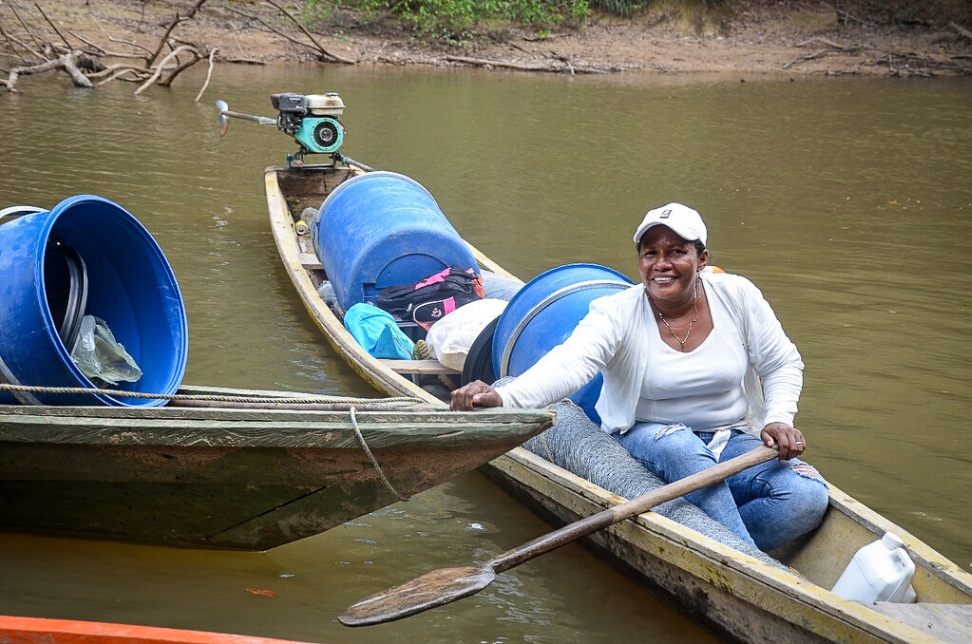
©FAO/Laura Rodríguez
To reduce pressure on forests and raise awareness about appropriate soil use, FAO implemented the “Sustainable Firewood, Secure Forests” strategy as part of the GCF–Amazon Vision project, financed by the Green Climate Fund. Through this strategy, communities in Paraíso Amazónico received supplies via the Peneya River to start agroforestry arrangements that integrate local crops and native woody species. Farmers also learned how to prepare organic fertilizers in field schools.
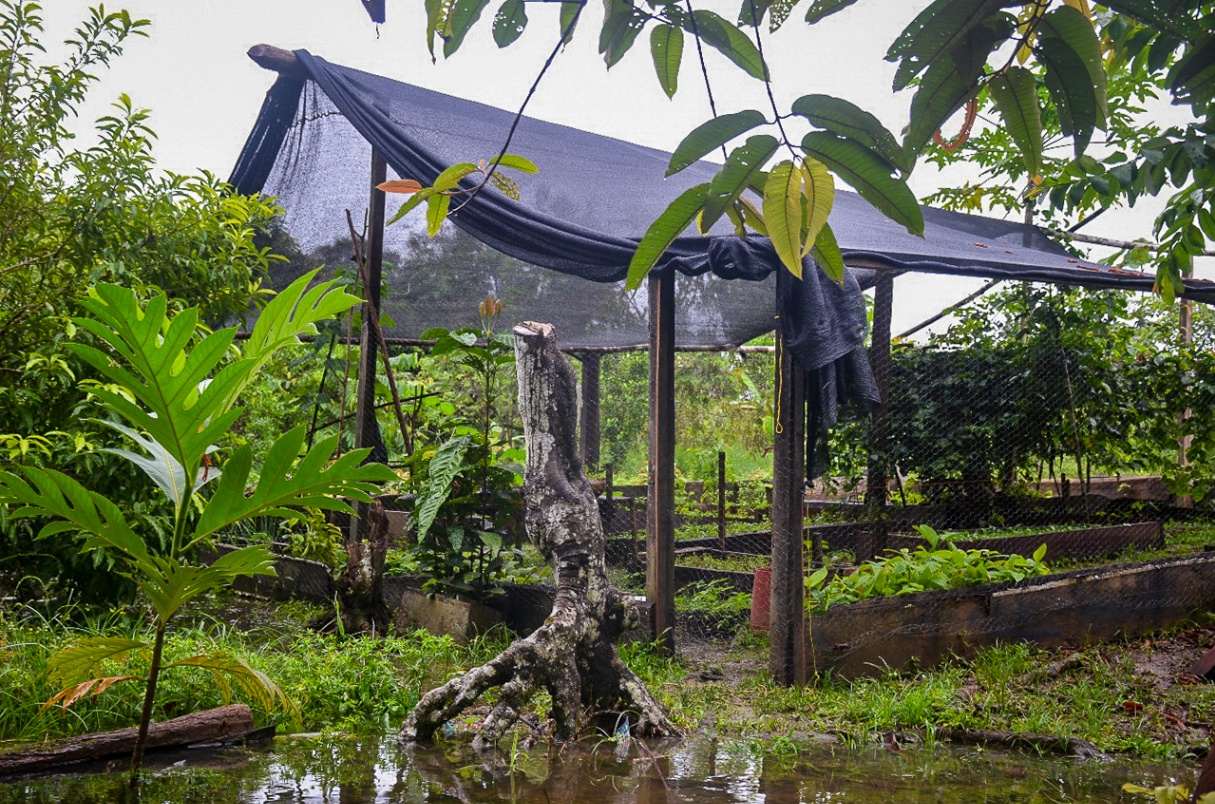
©FAO/Laura Rodríguez
With this strategy, families have strengthened their food security and recognized the importance of diversifying their food baskets to improve their nutrition. Acquiring greater knowledge about their soil and the species in their environment allowed them to consolidate their fast-growing tree gardens to produce biomass, which they use as a source of energy. These actions reduce pressure on the forest and promote its conservation as a source of life and well-being for the community.
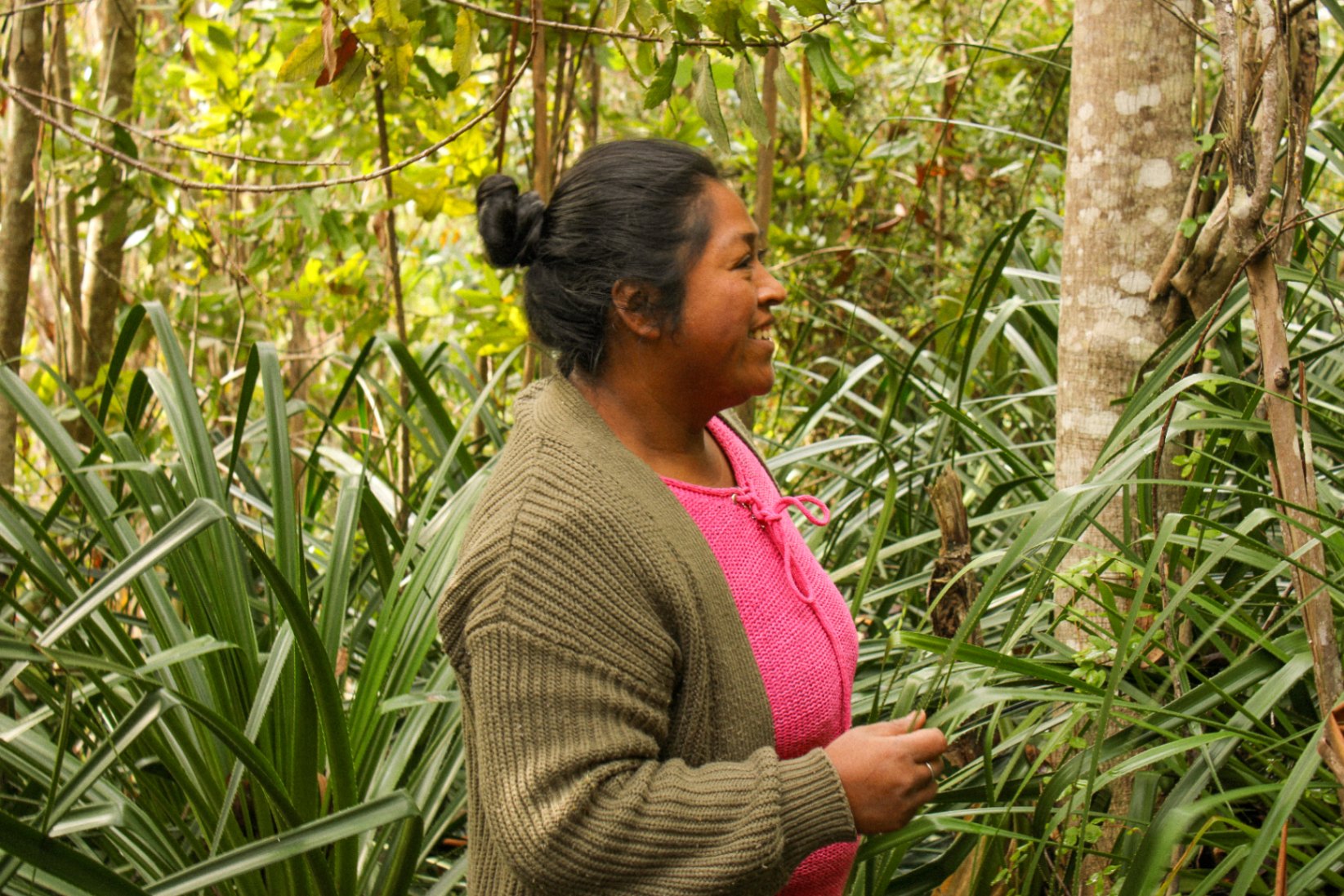
© FAO/Julieta Armijo
In southern Chile, in the coastal commune of Saavedra, the endemic chupón or quiscal plant has declined in number due to the degradation and loss of native forest, threatening local biodiversity and ancestral cultural practices, such as the production of Pilwa, a traditional fabric made from the fiber of this plant. Mercedes Huincateo, a woman from the Lafkenche Mapuche ethnic group, preserves this fabric as cultural heritage and a means of livelihood.
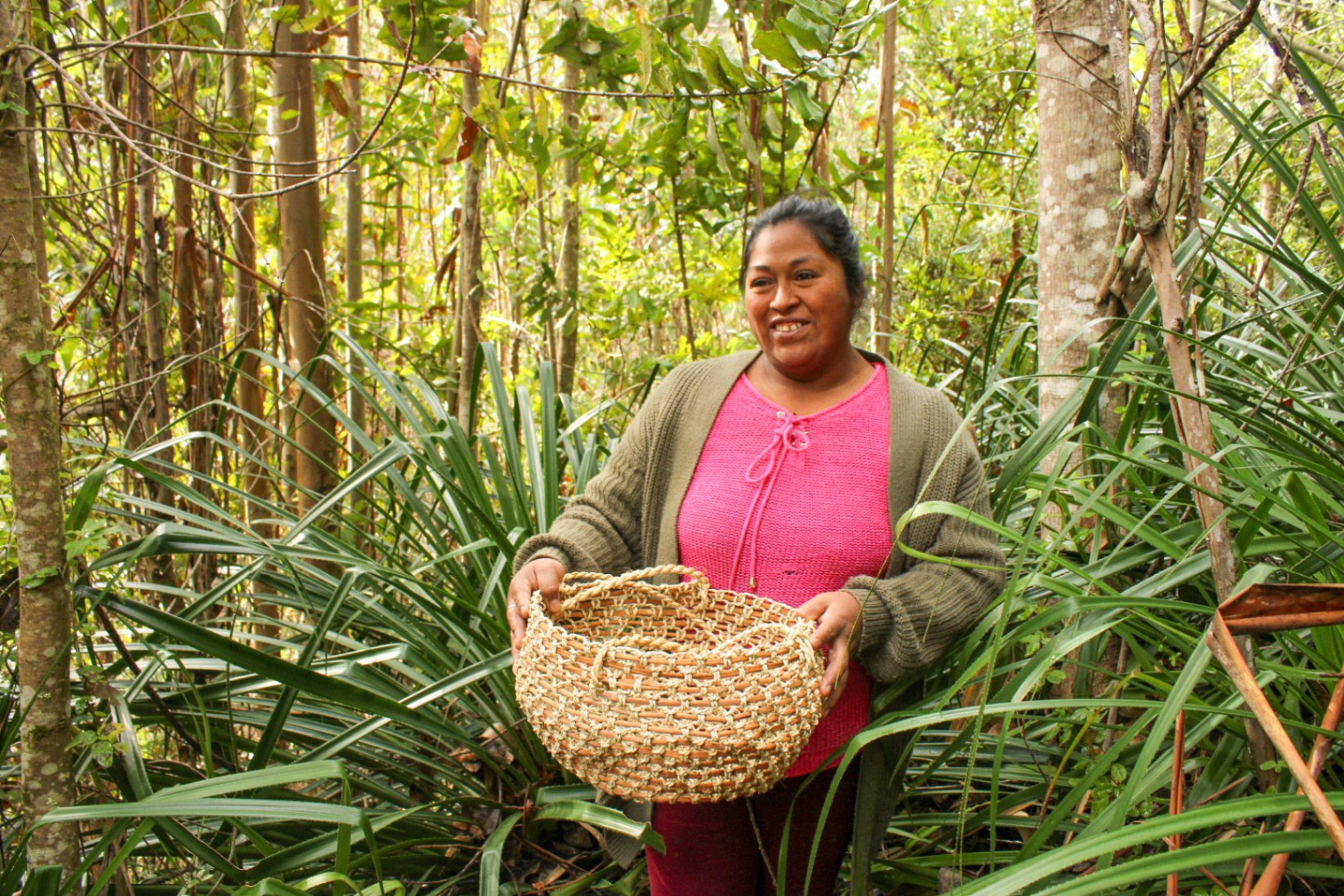
© FAO/Julieta Armijo
But starting in 2022, as part of the +Bosques Project, an initiative financed by the Green Climate Fund and implemented by FAO and Chile's National Forestry Corporation (CONAF), Mercedes is carrying out native forest restoration activities on six hectares of her property, with the aim of improving soil conditions and, in the medium and long term, restoring the chupón plant. This will enable her to continue manufacturing this fabric, which is a valued ancestral practice.
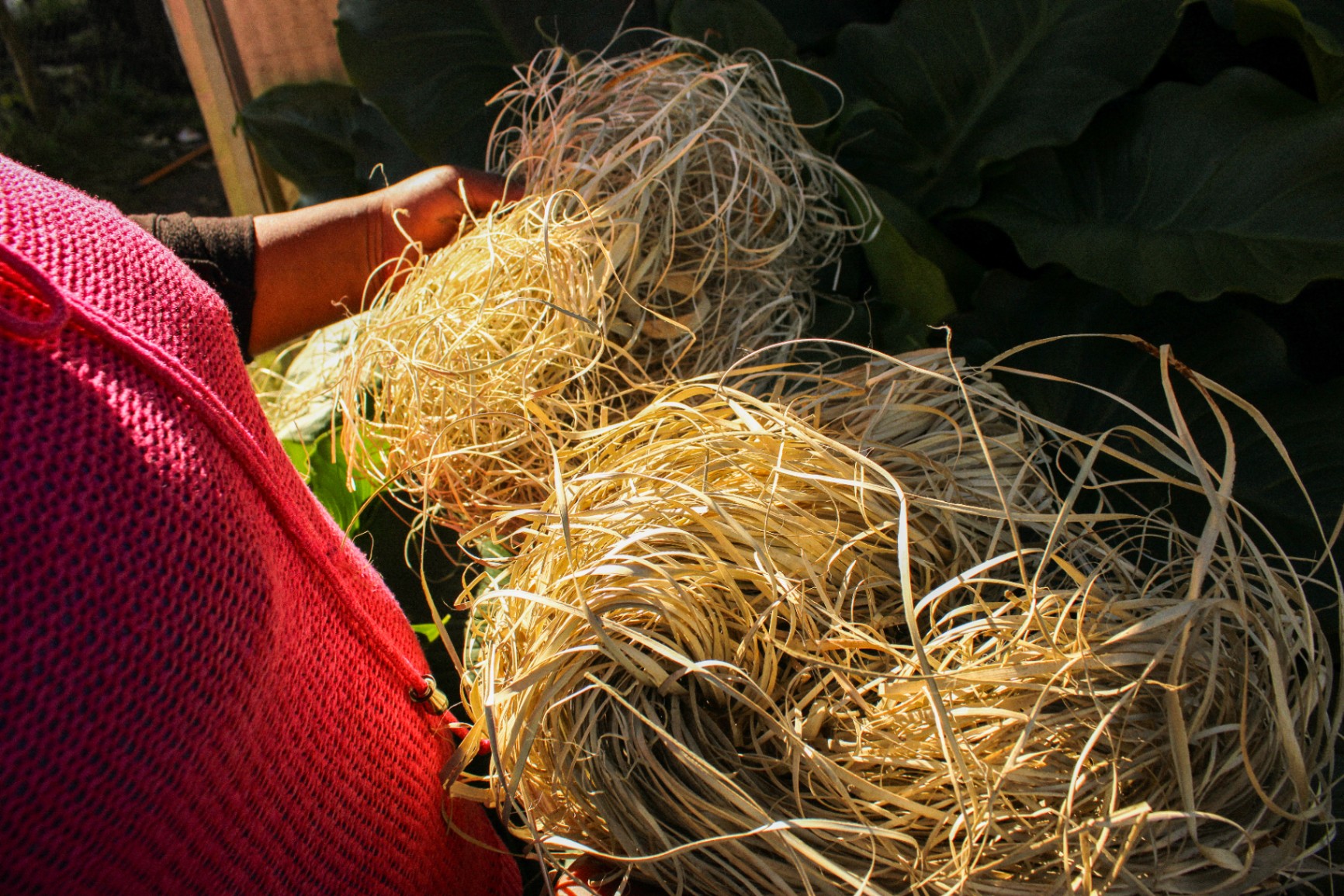
© FAO/Julieta Armijo
Pilwa weaving, in addition to its cultural significance for the Lafkenche Mapuche communities, has been key to strengthening their family economy. For Mercedes, this practice is crucial to her livelihood, from the extraction of raw materials and the manufacture of the fabric to the trade of the product. In recent years, Mercedes, along with ten other women from the Kusaufe Zomo group, has revalued this traditional knowledge, strengthening their support networks and trade.
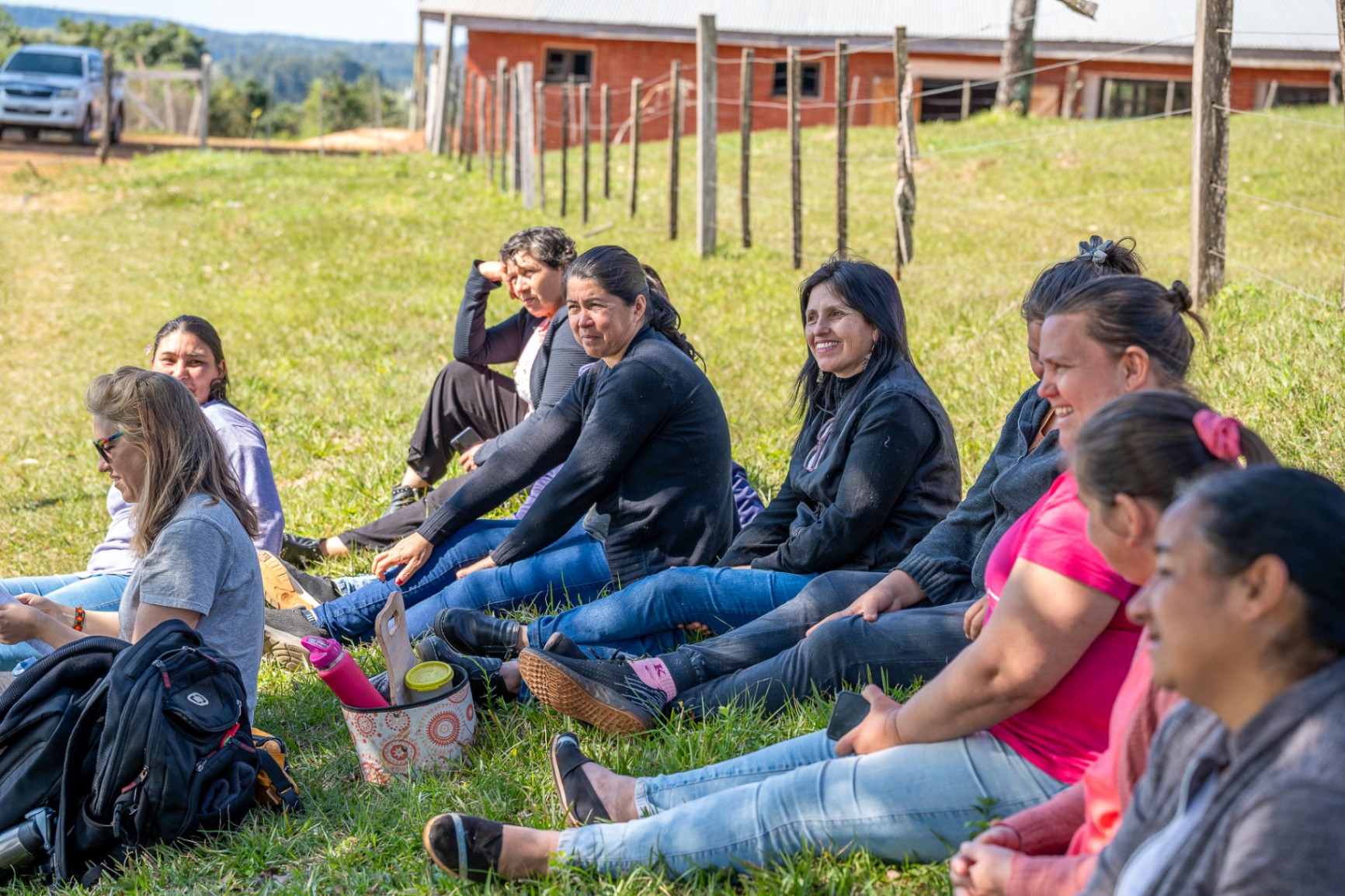
©FAO/ Maryia Kukharava
FAO supports Latin American countries in designing and implementing strategies, action plans, and investment plans for projects under the REDD+ model, helping them to strengthen their capacities, develop and transfer cutting-edge knowledge, support access to climate finance—such as that provided by the Green Climate Fund—and facilitate multi-stakeholder processes. As a result, countries such as Argentina, Chile, and Colombia have achieved significant results by attracting investments for climate change mitigation and forest restoration for the benefit of their rural communities.
